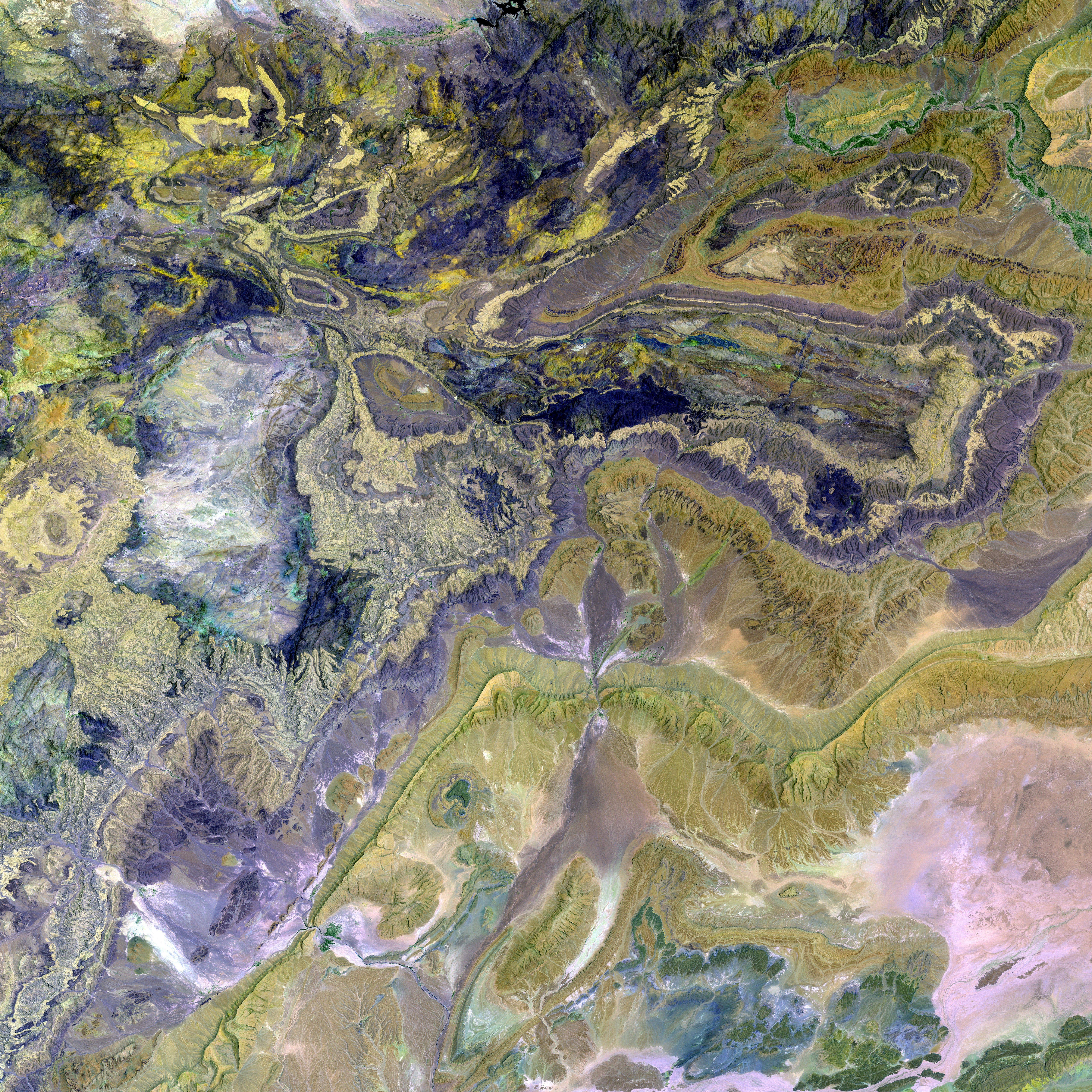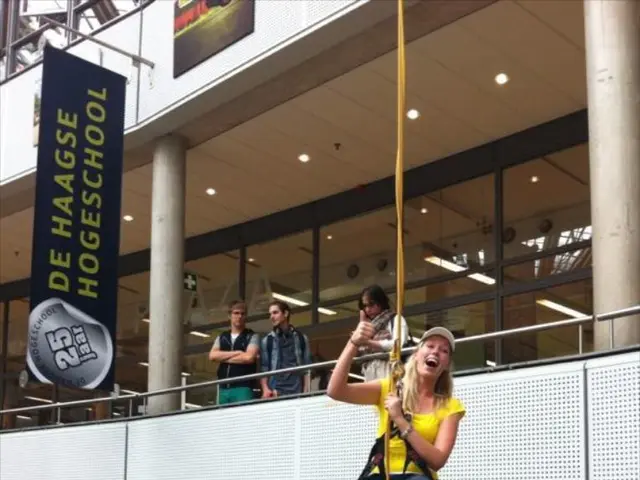Escalating India-Pakistan conflicts impact tourist visits in Kashmir region
Title: Tourism Suffers a Devastating Blow: The Impact of India-Pakistan Tensions on Pakistan's Neelum Valley
Get ready to dive into the harsh reality of the Neelum Valley, where the ongoing tension between India and Pakistan has put a chilling pause on its thriving tourism sector.
As tensions soar between the nuclear-armed nations, following the shooting that claimed 26 civilian lives in disputed territory, Neelum Valley, a key tourist attraction, experiences significant turmoil. As the Hindu-majority Kashmir remains at the heart of the dispute, the valley’s picturesque landscapes now serve as a backdrop to political unrest.
Indian Prime Minister Narendra Modi has given his military the green light to respond, while Pakistan warns of imminent strikes, adding fuel to the fire. With tourism being the lifeline of the Neelum Valley, drawing in more than 300,000 visitors a year, this turn of events has left the local population struggling to carry on.
Muhammad Awais, a 22-year-old local photographer, sums up their plight, stating, "Our livelihoods depend on tourism, and without it, we suffer." As the situation unfolds slowly, impacting their work severely, residents join the chorus of locals advocating for an end to the needless conflict.
This week, authorities barred tourists from entering the valley, redirecting them to Muzaffarabad. Many tourists, like Saleem Uddin Siddique who travelled from Islamabad, were left disheartened, having their hopes dashed.
While some hardy tourists show up, undeterred by the threat of potential war, many remain cautious, concerned about geopolitical proximity and escalating skirmishes. Raja Iftikhar Khan, president of the private tourism association, doesn't mince words, asserting the situation could spell “extremely dire” consequences for the tourism-reliant community.
In a strange twist of events, with international pressure mounting on both New Delhi and Islamabad to settle their differences through talks, residents on the Indian side of the border have also sent families back from the frontier, a reminder of the terror of the last major conflict between the two armies in 1999.
The regional government of Pakistan-administered Kashmir is taking measures such as ordering religious schools to close and urging residents to stockpile food, signs of their growing unease.
As the situation unfolds, one thing is undeniable: an impassioned refrain of “no sensible businessperson ever wants war” echoes across the region, a desperate plea for peace, and the hope for a safer future for the Neelum Valley and its tourism sector.
© 2025 AFP
- The Neelum Valley, a prime tourist attraction in Pakistan, is suffering due to the escalating tension between India and Pakistan.
- As the Hindu-majority Kashmir remains a point of dispute, the picturesque landscapes of the Neelum Valley are now overshadowed by political unrest.
- Indian Prime Minister Narendra Modi has given his military authorization to respond, and Pakistan issues warnings of imminent strikes, intensifying the region's anxiety.
- With tourism being the main source of income for the Neelum Valley, the halt in visits has left the local population struggling to survive.
- Muhammad Awais, a 22-year-old local photographer, echoes the sentiments of many, stating that their livelihoods depend on tourism.
- This week, authorities have barred tourists from entering the Neelum Valley, redirecting them to Muzaffarabad, causing disappointment for many travelers like Saleem Uddin Siddique.
- Despite some tourists' determination to visit, many remain cautious due to concerns about potential war and geopolitical risks.
- Raja Iftikhar Khan, president of the private tourism association, warns of severe consequences for the tourism-dependent community, stating the situation could be "extremely dire."







